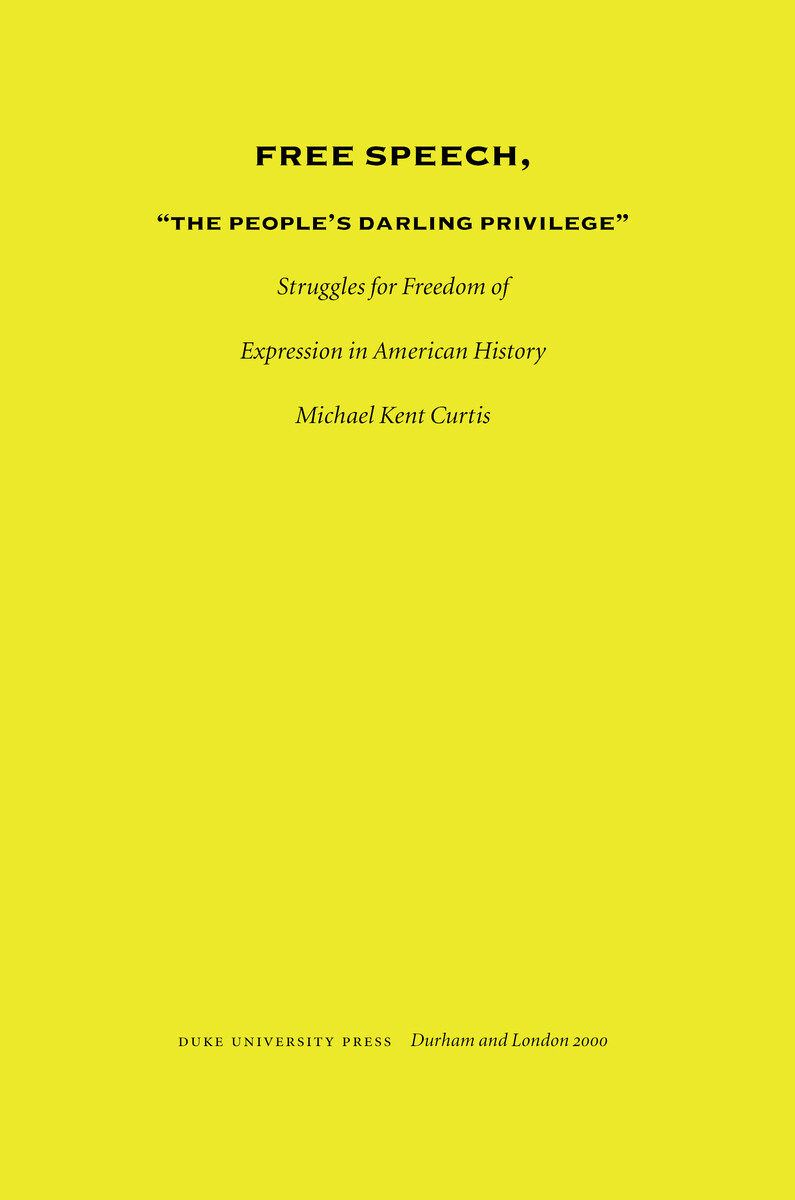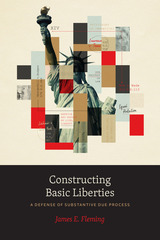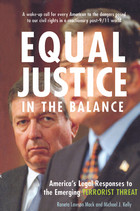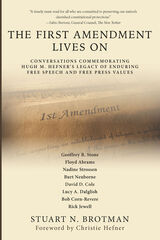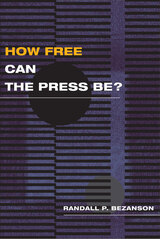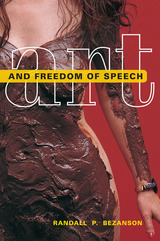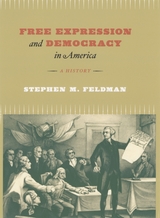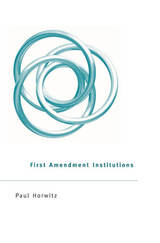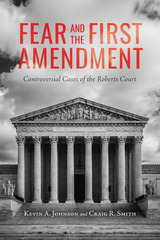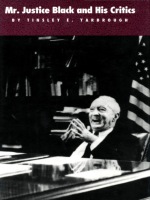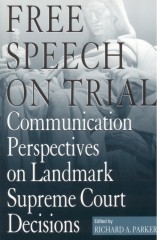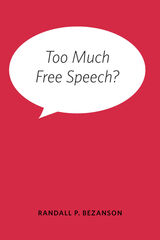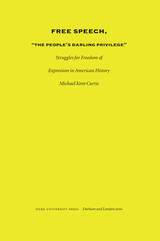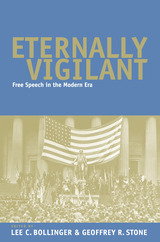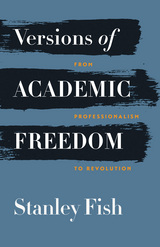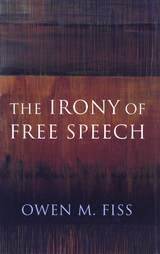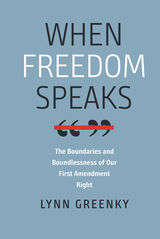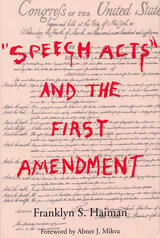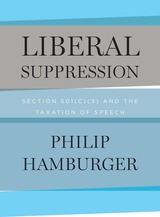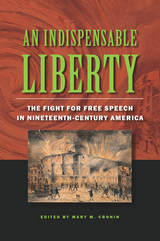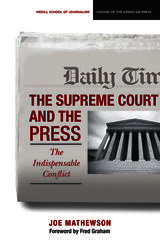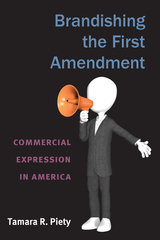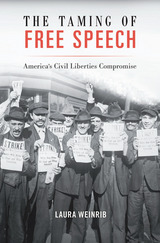Free Speech, The People's Darling Privilege: Struggles for Freedom of Expression in American History
Duke University Press, 2000
eISBN: 978-0-8223-8106-8 | Cloth: 978-0-8223-2529-1
Library of Congress Classification KF4772.C87 2000
Dewey Decimal Classification 342.730853
eISBN: 978-0-8223-8106-8 | Cloth: 978-0-8223-2529-1
Library of Congress Classification KF4772.C87 2000
Dewey Decimal Classification 342.730853
ABOUT THIS BOOK | AUTHOR BIOGRAPHY | REVIEWS | TOC | REQUEST ACCESSIBLE FILE
ABOUT THIS BOOK
Modern ideas about the protection of free speech in the United States did not originate in twentieth-century Supreme Court cases, as many have thought. Free Speech, “The People’s Darling Privilege” refutes this misconception by examining popular struggles for free speech that stretch back through American history. Michael Kent Curtis focuses on struggles in which ordinary and extraordinary people, men and women, black and white, demanded and fought for freedom of speech during the period from 1791—when the Bill of Rights and its First Amendment bound only the federal government to protect free expression—to 1868, when the Fourteenth Amendment sought to extend this mandate to the states. A review chapter is also included to bring the story up to date.
Curtis analyzes three crucial political struggles: the controversy that surrounded the 1798 Sedition Act, which raised the question of whether criticism of elected officials would be protected speech; the battle against slavery, which raised the question of whether Americans would be free to criticize a great moral, social, and political evil; and the controversy over anti-war speech during the Civil War. Many speech issues raised by these controversies were ultimately decided outside the judicial arena—in Congress, in state legislatures, and, perhaps most importantly, in public discussion and debate. Curtis maintains that modern proposals for changing free speech doctrine can usefully be examined in the light of this often ignored history. This broader history shows the crucial effect that politicians, activists, ordinary citizens—and later the courts—have had on the American understanding of free speech.
Filling a gap in legal history, this enlightening, richly researched historical investigation will be valuable for students and scholars of law, U.S. history, and political science, as well as for general readers interested in civil liberties and free speech.
Curtis analyzes three crucial political struggles: the controversy that surrounded the 1798 Sedition Act, which raised the question of whether criticism of elected officials would be protected speech; the battle against slavery, which raised the question of whether Americans would be free to criticize a great moral, social, and political evil; and the controversy over anti-war speech during the Civil War. Many speech issues raised by these controversies were ultimately decided outside the judicial arena—in Congress, in state legislatures, and, perhaps most importantly, in public discussion and debate. Curtis maintains that modern proposals for changing free speech doctrine can usefully be examined in the light of this often ignored history. This broader history shows the crucial effect that politicians, activists, ordinary citizens—and later the courts—have had on the American understanding of free speech.
Filling a gap in legal history, this enlightening, richly researched historical investigation will be valuable for students and scholars of law, U.S. history, and political science, as well as for general readers interested in civil liberties and free speech.
See other books on: American History | Devins, Neal | Expression | Free Speech | Freedom of speech
See other titles from Duke University Press
